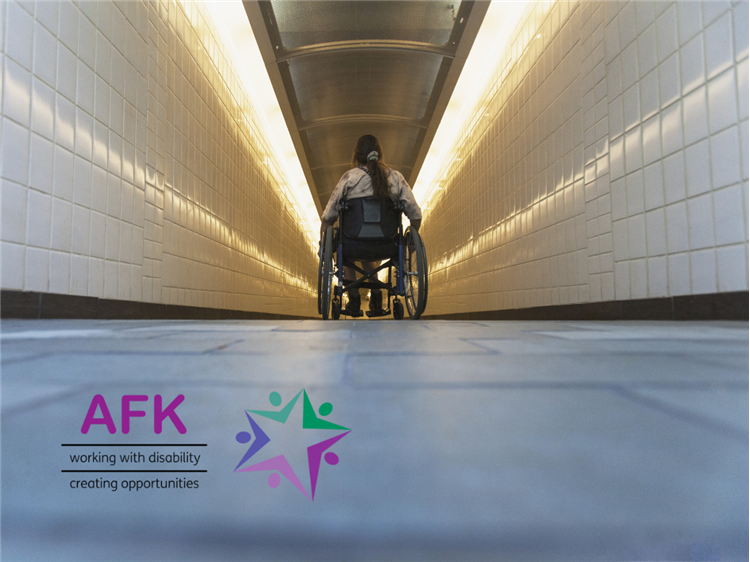
Accessibility at Interview Stage
Interviewing can be a nerve-wracking and lengthy process for candidates. Often, there are multiple rounds of interviews or phone calls, and, of course, the process while awaiting feedback and a job offer. There are many ways to make the interview process more seamless. For example, companies may cut down the process to 1 or 2 calls, cut out problem-solving or coding steps, and make sure candidates are fully prepared and know what to expect at each stage.
What isn’t talked about enough, however, is the importance of making interviews more accessible. All candidates deserve a fair chance at getting the job, but oftentimes interview processes are inequitable and don’t take neurodiversity and physical accessibility into account. There are a variety of ways that interview processes can be shaped around verbal, practical or support-related guidance in order to ensure that everyone is on the same playing field.
The current trend towards a work-from-home model has, in many ways, opened up avenues for more accessibility in interview processes. For example, folks can now take video interviews from home, so they don’t have to travel a long distance for just one meeting and they can be in a familiar environment while taking a call.
Preparation for interviews is also an important consideration for accessibility. Titus and Sutharsan, who are both Work & Life Trainees at AFK, have both suggested that questions be sent to the interviewer in advance. That way, candidates can craft a thoughtful response and also ask clarification questions beforehand, in case anything is unclear. Further, it should be stated before the interview how long it will last and what the next steps look like so that everyone is on the same page about the process from the beginning.
Once on the call, however, there are multiple ways that interviewers can be mindful of accessibility. Much of this centres around language; interviewers may oftentimes use idioms, fail to state expectations clearly, or pose vague questions. These cues are often embedded in expectations that the interviewer and interviewee are going to approach problems in the same way or have the same communication style. For example, interviewers should avoid using idioms, metaphors, or abstract questions. Instead, they should aim to use clear, straightforward language to avoid any miscommunication or confusion.
Further, companies can accommodate career coaches for candidates. A career coach can sit in the interview with a candidate to ensure that the environment is accessible, give the candidate a confidence boost, or guidance where needed.
The Work & Life trainees at AFK have kindly consulted with us on what companies can do, in their experiences, to make the interview process more accessible. Check out some of their top tips below, and find out more on their website: https://www.my-afk.org/
Amy: “Having a job coach so that I can gain support when doing the interview and being able to feel confident. Gaining more time helps me not get anxious or stressed.”
Sutharsan: “I think it would be helpful to see questions beforehand and to have my job coach with me during my interview.”
Franc: “It would be helpful to have a work trial and show off my skills. ”Interviewing can be a nerve-wracking and lengthy process for candidates. Often, there are multiple rounds of interviews or phone calls, and, of course, the process while awaiting feedback and a job offer. There are many ways to make the interview process more seamless. For example, companies may cut down the process to 1 or 2 calls, cut out problem-solving or coding steps, and make sure candidates are fully prepared and know what to expect at each stage.
What isn’t talked about enough, however, is the importance of making interviews more accessible. All candidates deserve a fair chance at getting the job, but oftentimes interview processes are inequitable and don’t take neurodiversity and physical accessibility into account. There are a variety of ways that interview processes can be shaped around verbal, practical or support-related guidance in order to ensure that everyone is on the same playing field.
The current trend towards a work-from-home model has, in many ways, opened up avenues for more accessibility in interview processes. For example, folks can now take video interviews from home, so they don’t have to travel a long distance for just one meeting and they can be in a familiar environment while taking a call.
Preparation for interviews is also an important consideration for accessibility. Titus and Sutharsan, who are both Work & Life Trainees at AFK, have both suggested that questions be sent to the interviewer in advance. That way, candidates can craft a thoughtful response and also ask clarification questions beforehand, in case anything is unclear. Further, it should be stated before the interview how long it will last and what the next steps look like so that everyone is on the same page about the process from the beginning.
Once on the call, however, there are multiple ways that interviewers can be mindful of accessibility. Much of this centres around language; interviewers may oftentimes use idioms, fail to state expectations clearly, or pose vague questions. These cues are often embedded in expectations that the interviewer and interviewee are going to approach problems in the same way or have the same communication style. For example, interviewers should avoid using idioms, metaphors, or abstract questions. Instead, they should aim to use clear, straightforward language to avoid any miscommunication or confusion.
Further, companies can accommodate career coaches for candidates. A career coach can sit in the interview with a candidate to ensure that the environment is accessible, give the candidate a confidence boost, or guidance where needed.
The Work & Life trainees at AFK have kindly consulted with us on what companies can do, in their experiences, to make the interview process more accessible. Check out some of their top tips below, and find out more on their website: https://www.my-afk.org/
Amy: “Having a job coach so that I can gain support when doing the interview and being able to feel confident. Gaining more time helps me not get anxious or stressed.”
Sutharsan: “I think it would be helpful to see questions beforehand and to have my job coach with me during my interview.”
Franc: “It would be helpful to have a work trial and show off my skills.”

